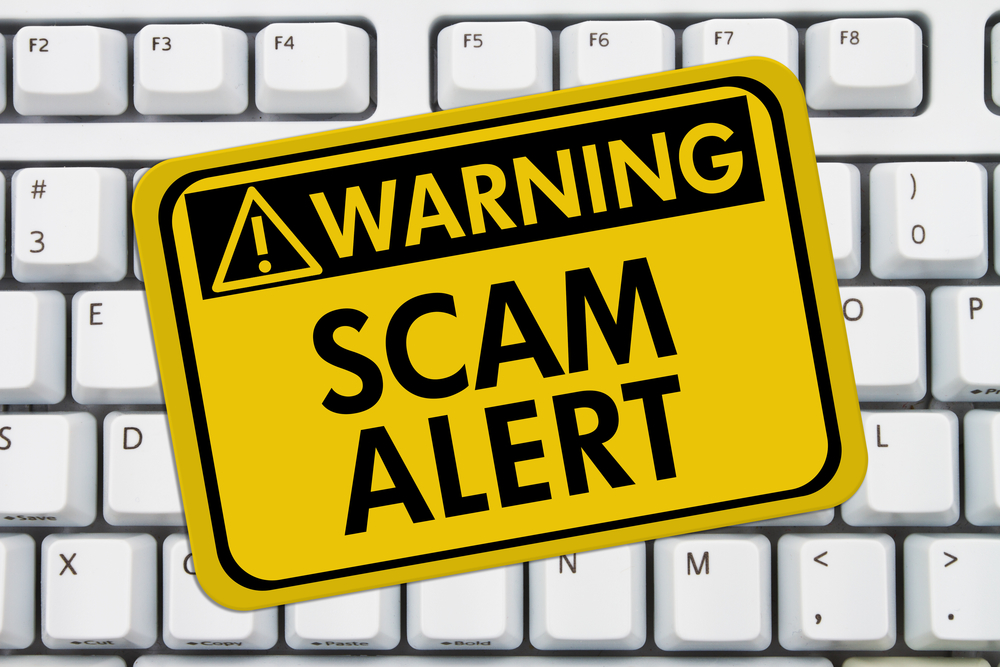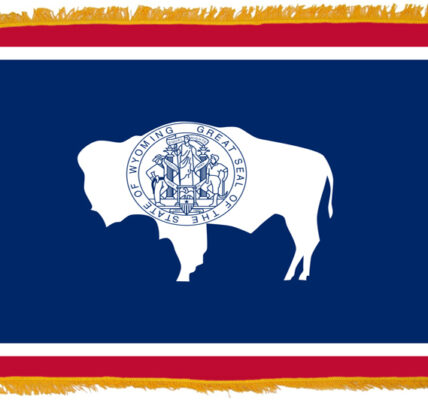◆ Criminals looking to take advantage of coronavirus fears.
By Patrick L. Wolfinbarger
CyberWyoming
Consumer warnings have been issued by the Federal Trade Commission about online scams that prey upon the fears of CORVID-19, the strain of coronavirus causing deaths in the U.S. and around the world, according Laura Baker, director and founder of CyberWyoming.
“These scammers seek ways to get into your bank accounts, access your credit cards and steal your identity,” Baker said.
According to the FBI Internet Crime Complaint Center, phishing and similar scams cost Wyoming residents more than $6.1 million in 2018. The age group that reported the most cybercrime incidents were seniors age 60 and older.
Through email and social media posts, scammers may promote awareness and prevention tips — and fake information about cases of CORID-19 in your neighborhood.
The FTC warns scammers may be asking for donations to help coronavirus victims, offering advice on unproven treatments, or send messages containing malicious email attachments.
Baker said the FTC urges the public to follow these cautionary practices:
• Don’t click on links from sources you don’t know. It could download a virus onto your computer or device. Make sure the anti-malware and anti-virus software on your computer is up to date.
• Watch for emails claiming to be from the Centers for Disease Control and Prevention or experts saying that have information about the virus.
For the most up-to-date information about the Coronavirus, visit the Centers for Disease Control and Prevention (CDC) and the World Health Organization (WHO) websites.
• Ignore online offers for vaccinations. If you see ads touting prevention, treatment, or cure claims for the coronavirus, ask yourself: if there’s been a medical breakthrough, would you be hearing about it for the first time through an ad or sales pitch?
• Do your homework when it comes to donations, whether through charities or crowdfunding sites. Don’t let anyone rush you into donating. If someone wants donations in cash, by gift card, or by wiring money, don’t do it.
• Be alert to “investment opportunities.” The U.S. Securities and Exchange Commission is warning people about online promotions, including on social media, claiming that the products or services of publicly-traded companies can prevent, detect, or cure coronavirus and that the stock of these companies will dramatically increase in value as a result.
The World Health Organization released a statement also warning the public about attempts to exploit the coronavirus through scams.
“Criminals are disguising themselves as WHO to steal money or sensitive information,” the organization said. “If you are contacted by a person or organization that appears to be from WHO, verify their authenticity before responding.”
The World Health Organization will:
• never ask you to login to view safety information;
• never email attachments you didn’t ask for;
• never ask you to visit a link outside of www.who.int;
• never charge money to apply for a job, register for a conference, or reserve a hotel;
• never conduct lotteries or offer prizes, grants, certificates or funding through email;
• never ask you to donate directly to emergency response plans or funding appeals.
Communications from WHO can be verified by visiting www.who.int/about/who-we-are/contact-us.






